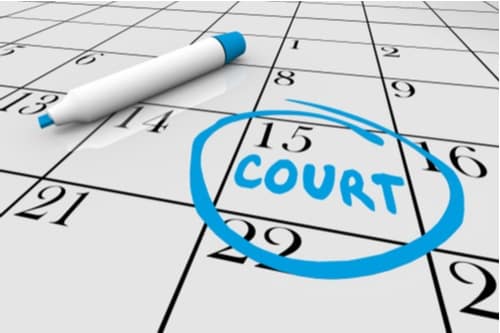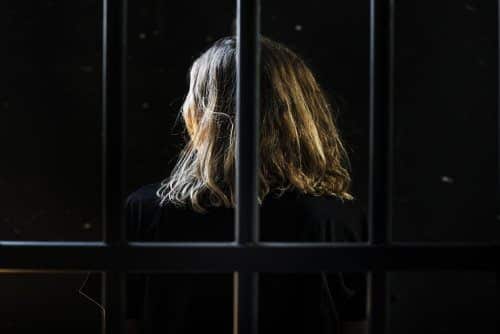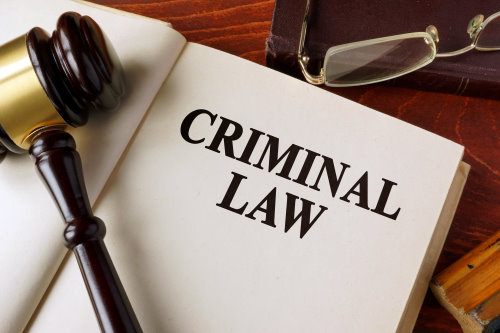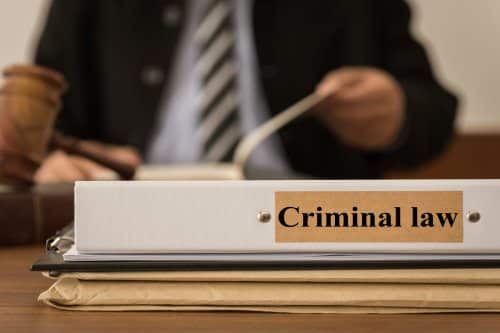
What Happens When You Miss a Court Date in South Carolina?
When you get arrested for a crime in South Carolina, you have an obligation to show up in court. In fact, you may need to appear in court multiple times during your case. So, what happens if you don’t show up? This article covers what you need to know if you miss a court date in South Carolina.
All judges in South Carolina’s court system are extremely busy. They all have case schedules, or dockets, that extend well into the future. The system is structured this way so that defendants can have their cases heard as quickly as possible. As a result, when a defendant misses a court date, this is not simply a matter of rescheduling.
Understanding the Consequences of a “Failure to Appear” in South Carolina
In fact, missing a court date in South Carolina can have severe consequences. If you have missed a court date, the specific consequences you are facing depend on several factors:
Is Your Case Pending in Municipal/Magistrate Court or General Sessions Court?
One of the most significant factors is whether your case is pending in Municipal or MagistrateCourt, or if it is pending in General Sessions Court.
In South Carolina, the Municipal and Magistrate Courts hear cases involving lower-level offenses. This includes traffic offenses and misdemeanors. If you miss a court date in Municipal or Magistrate Court, the most likely outcome is that the judge will find you guilty in your absence.
If you received a traffic ticket, your ticket should state whether you are required to appear in court. However, even if you are not required to appear, failing to appear can still result in a guilty verdict being rendered against you. If you are required to appear, then not only can you be found guilty for the offense cited on your ticket, but you can also face additional consequences for missing your court date. The judge may issue a bench warrant for your arrest, and this could result in being taken into custody until your case is fully resolved or your attorney is able to have the bench warrant lifted and get you released.
If your case is pending in General Sessions Court, missing a court date will typically result in a bench warrant being issued for your arrest. Again, you will be held pending the final outcome of your case unless your attorney is able to get you out.
Are You Out of Jail Awaiting Your Trial Date or Sentencing?
Crucially, if you are out of jail awaiting your trial date or sentencing, failure to appear can also lead to fines and prison time. Under Section 17-15-90 of the South Carolina Code of Laws:
“A person released pursuant to [South Carolina law] who willfully fails to appear before the court as a required must:
“(1) if he was released in connection with a charge for a felony or while awaiting sentencing after conviction, be fined not more than five thousand dollars or imprisoned for not more than five years, or both; or(2) if he was released in connection with a charge for a misdemeanor for which the maximum possible sentence was at least one year, be fined not more than one thousand dollars or imprisoned for not more than one year, or both.”
The penalties for failure to appear under Section 17-15-90 are in addition to any penalties you may face as a result of your felony or misdemeanor conviction. In fact, even if you are not ultimately convicted of the crime for which you were required to appear in court, you could still potentially face prison time under Section 17-15-90 as a result of your failure to appear.
Why Did You Miss Your Court Date?
After missing a court date, you will need to do everything you can to mitigate the consequences. If you have a valid reason for failing to appear, this could help you avoid fines, jail time, and a conviction.
For example, if you were unaware of your court date, this could be your best defense. If the notice got lost in the mail, then it isn’t your fault that you failed to appear. However, you will need to be able to convince the judge that this is what happened—not that you simply forgot, misplaced the notice, or didn’t read it carefully.
If you had an emergency, the judge may show some leniency in this scenario as well. With that said, even if you are facing an emergency, you should still do everything you can to notify the court in advance. If you had an opportunity to call the court (or your attorney) and chose not to do so, this will not work in your favor.
Running late because of traffic, missing your court date because you didn’t have a ride, and having something else scheduled generally are not good excuses. You need to make plans to be at the courthouse early, and you need to prioritize your obligation to appear over anything else you might have going on.
What Should You Do if You Missed a Court Date?
So, you missed a court date. What now? At this point, you need to find out what happened in court in your absence. Did the judge find you guilty? Did the judge issue a bench warrant for your arrest? These are facts you need to know.
In order to find out what happened, you should consult with an attorney promptly. Your attorney can obtain the court records from your case, and he or she can advise you regarding your next steps. While you may still have options available, you will need to act quickly to protect yourself, and you will need to make smart decisions based on the advice of experienced legal counsel.
Talk to a Rock Hill, SC Criminal Defense Lawyer in Confidence
Did you miss a court date in your South Carolina criminal case? Contact us now to speak with a Rock Hill criminal defense lawyer in confidence. Call 803-328-8822 or tell us how we can reach you online to get a free consultation.





